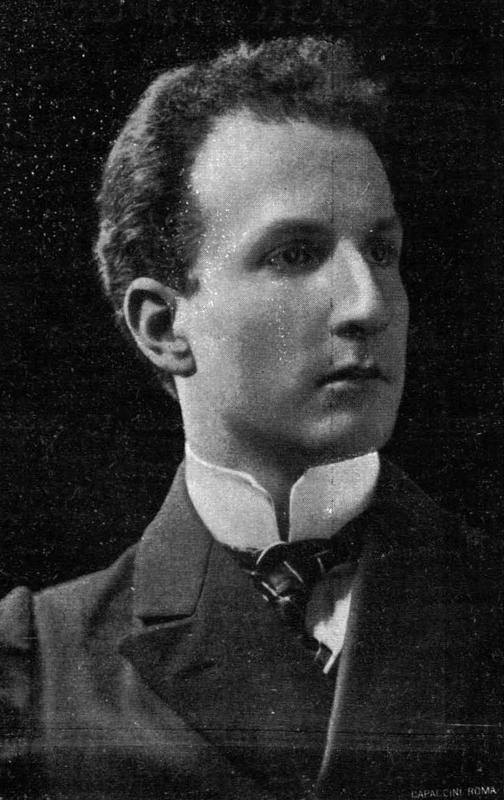Gui, Vittorio
Name
Gui, Vittorio
Variant name
Guy, Vittorio
Gender
Male
Birth
September 14, 1885 Rome
Death
October 16, 1975 Florence
Descriptive Note
Vittorio Gui was a conductor, composer, musicologist, and music critic. He graduated in humanities at the University of Rome and studied composition at the Accademia Nazionale di Santa Cecilia. His first opera, entitled, David, premiered in Rome in 1907. Also in 1907 he made his conducting debut at the Teatro Adriano in Rome, leading Ponchielli's La Gioconda, with great success. He then conducted in Naples and Turin, where he met Claude Debussy in 1911. In 1923, Arturo Toscanini invited him to conduct Richard Strauss' Salome at La Scala in Milan. He conducted the Teatro Regio in Turin from 1925 to 1927; where he premiered his fairy-tale opera Fata Malerba. Other compositions include: the cantata Cantico dei cantici ("Song of Songs" 1921), and the symphonic poem Giulietta e Romeo (1902).
In 1928, Gui founded and conducted the Orchestra Stabile, which developed into the 1933 Maggio Musicale Fiorentino.
In 1933 Bruno Walter invited Gui to be guest conductor at the Salzburg Festival, and in 1936 Sir Thomas Beecham invited him to be a regular conductor at the Royal Opera House at Covent Garden. He served as the Glyndebourne Festival's Musical Director from 1951 to 1963 and as its "artistic counselor" from 1963 to 1965.
In 1947, for the 50th anniversary of Brahms's death, Gui conducted a cycle of Brahms's works.
Vittorio Gui was the supervisor of all the concerts played at the Pavilion of Festivals and Concerts in Turin 1911. On the Exposition's opening day, Gui conducted La cantata della patria, del lavoro e dell'umanità composed by Giovanni Bolzoni with text by Edoardo Augusto Berta.
Maestro Gui directed several Concerti Sinfonici for the Exposition of Turin 1911, with a large orchestra of 150 musicians in the Salone delle Feste, Pavilion of Festivals and Concerts.
May 4, 1911: music by Beethoven, Mussorgski, Martucci, and Bizet.
May 6, 1911: music by Schubert, Beethoven, Wagner, and Elgar.
September 6, 1911: with music by Beethoven, Saint-Saëns, Strauss, and Verdi.
September 11, 1911: music by Bach, Schubert, Glazunov, Svendsen, Strauss, and Smetana.
October 22, 1911: music by Beethoven, Tartini, Bach, Saint-Saëns, Goldmark, Bach, Wagner, and Lemmens.
Roles
Performing Artists, Conductors (Musicians)
Related Protagonists
General Subject Terms
Related Locations
Related Built Environment Objects
Related Archival Material


